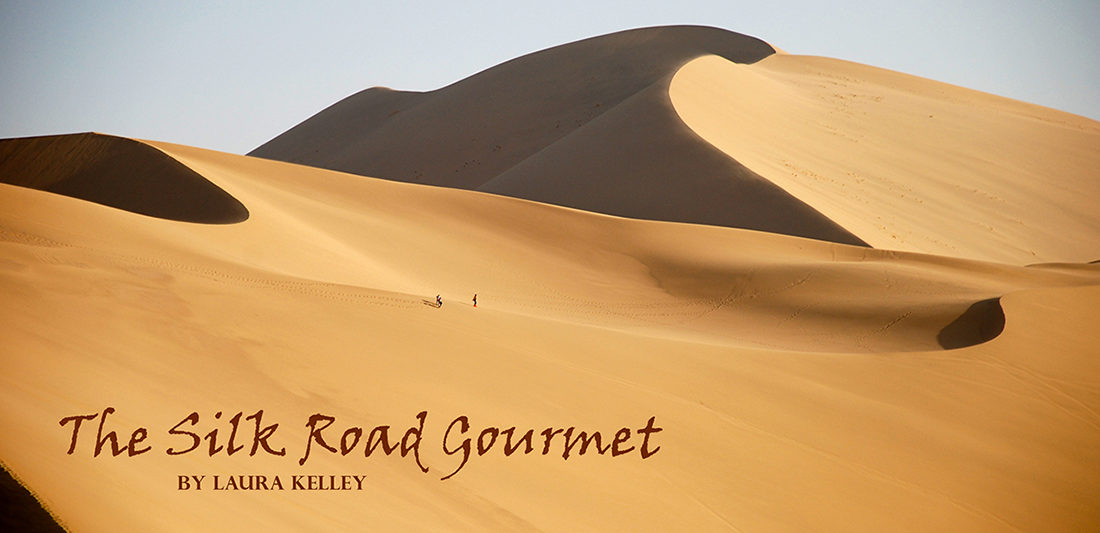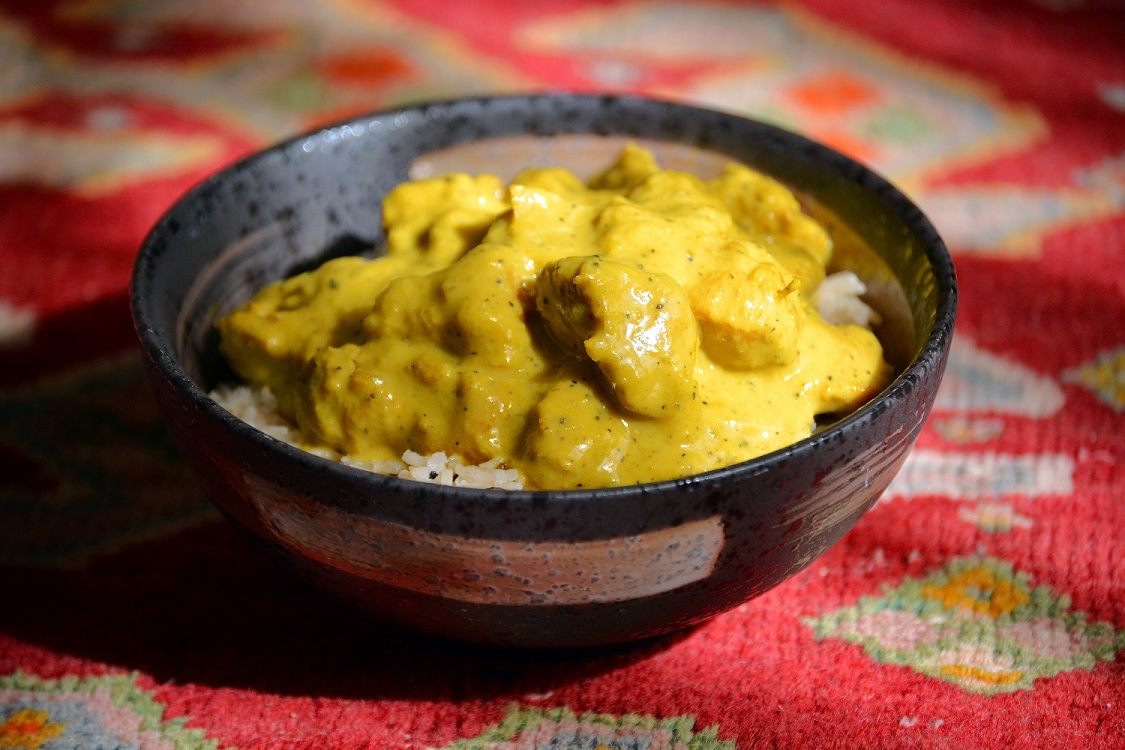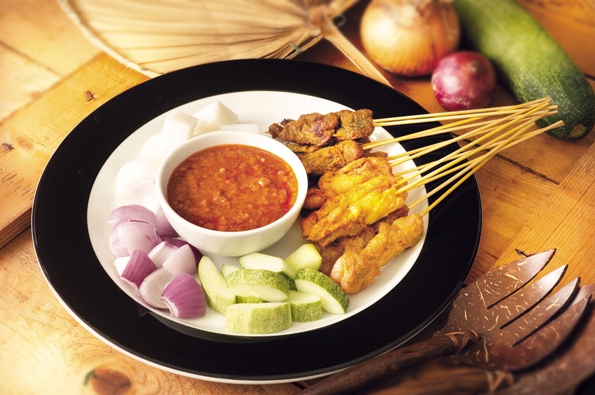Asian Food in Colonial American Cuisine
When we think of the diets of our founding fathers and mothers, we imagine porridges, breads, fresh and preserved fruits and vegetables, and gently flavored roast meats. What most people don’t realize is that the colonists had a taste for exotic fare from all over the world and would pay dearly for delicacies from India, China, Indonesia and other places far from the shores of … Read more



